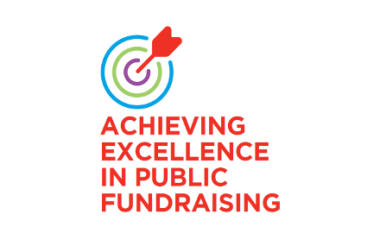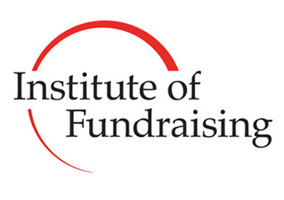The Institute of Fundraising has published new data which shows that penalty points assigned to street and direct site fundraising as part of mystery shops have declined over the last 12 months.
The new report, Achieving excellence in public fundraising, published by the IoF today, shows that the percentage of mystery shops resulting in penalties has fallen from 19 per cent in 2016/17 to 16 per cent in 2017/18 for street fundraising and from 44 per cent in 2016/17 to 28 per cent in 2017/18 for private site fundraising.
The IoF also said that the average number of penalty points issued per mystery shop for both street and private site fundraising has also fallen.
The membership body for fundraising said it carried out 940 private site mystery shops in 2017/18.
The report said that that 864,500 people “signed up to give a direct debit to charity in 2017/18 following a conversation with a public fundraiser”; with private site fundraisers signing up 406,000 people; door-to-door fundraising signing up 365,000 and street fundraisers signing up 93,500 people.
The IoF also surveyed a number of local authorities and councils with which it has negotiated a site management agreement (SMA).
Of the 51 organisations that responded, 92 per cent said the existing SMA they had in place was either effective or very effective. The IoF currently has SMAs in place with 129 local councils.
Alex Xavier, director of membership, compliance and professional development at the IoF, said: “I’m delighted that across the sector progress is being made to deliver excellence in public fundraising.
“The positive impact being made through conversations at doors, on the street, private sites and by telephone cannot be underestimated, and I’m hugely encouraged at how charities and their partner agencies are challenging themselves to reach higher standards against the Code of Fundraising Practice, whilst also delivering valuable funds for fantastic causes.”
Writing in the report, Gerald Oppenheim, chief executive of the Fundraising Regulator, said: “Having data about compliance is important for the sector so we can all see how practice is improving and where it can be even better in future, whether looking at how mystery shopping supports compliance or how effective site management agreements with local authorities are.”
|
Related Articles












